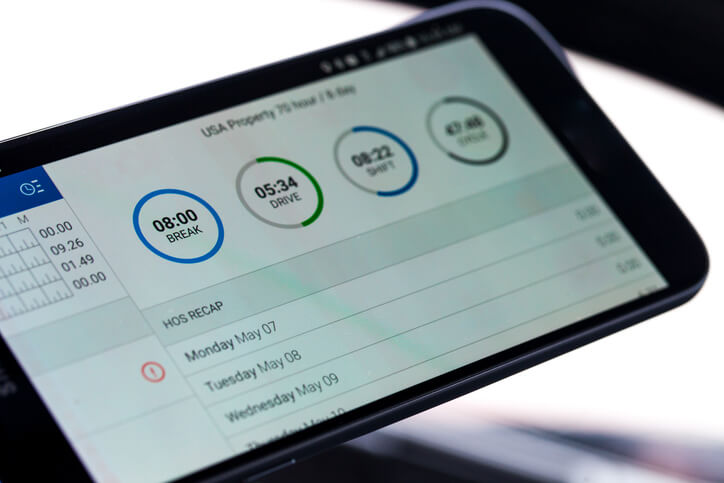Leveraging Technology for Loss Prevention After Dispatch Training
The transportation and logistics industry faces numerous challenges, with loss prevention a major concern. For those who have completed dispatch training, understanding how to leverage technology to reduce risks like cargo theft, transit damage, or misplaced shipments is essential.
This blog post explores how dispatchers can use technology to enhance loss prevention efforts and ensure smooth, secure operations.
The Importance of Loss Prevention in Logistics After Dispatch Training
Loss prevention is a critical concern in the logistics industry, where the safe and timely delivery of goods is paramount. Even a minor disruption can lead to significant losses, not just in terms of the value of the goods but also in customer trust and brand reputation. As a dispatcher, your role in coordinating and managing shipments makes you a key player in mitigating these risks.
In today’s technologically advanced world, several tools and systems can help dispatchers monitor, track, and protect shipments more effectively. Integrating these technologies into your dispatch operations can significantly reduce the likelihood of loss and improve overall efficiency.
Real-Time Tracking and Monitoring
Real-time tracking technology is one of the most powerful tools available to dispatchers for loss prevention. GPS tracking systems allow dispatchers to monitor the exact location of vehicles and shipments at all times. This constant visibility means that the dispatcher can take immediate action if a truck deviates from its planned route or makes an unscheduled stop.
Beyond simple location tracking, advanced systems offer detailed insights into vehicle performance and driver behaviour. For example, sudden stops, unusual driving patterns, or deviations from the planned route can trigger alerts, allowing dispatchers to investigate potential issues before they escalate into significant problems. Real-time tracking helps prevent theft while ensuring incidents are dealt with swiftly, minimizing disruption.

Utilizing Geofencing for Added Security
Geofencing technology helps dispatch professionals enhance loss prevention efforts after their dispatch training. By setting up virtual boundaries around specific locations, dispatchers can receive alerts whenever a vehicle enters or exits a defined area. This can be particularly useful for monitoring deliveries to high-risk areas or ensuring drivers stick to their designated routes.
For instance, if a truck carrying valuable cargo enters a geofenced zone outside its intended path, the dispatcher can receive an alert and contact the driver or take other necessary actions. Geofencing adds an extra layer of security, making it harder for unauthorized parties to interfere with shipments.
Implementing Electronic Logging Devices (ELDs)
As our dispatch courses highlight, Electronic Logging Devices (ELDs) are now a standard requirement in many parts of the world, designed to ensure compliance with hours-of-service regulations. Their benefits go beyond legal compliance—they’re key for preventing losses.
ELDs provide dispatchers with accurate, real-time data on drivers’ hours, vehicle movement, and idle times. This data is critical in identifying patterns that indicate a potential risk, such as extended stops in unusual locations or driving at odd hours. By analyzing this information, dispatchers can make informed decisions that protect the cargo and the driver.

Advanced Communication Systems
Effective communication is key to preventing losses during transit. Modern dispatch centers often utilize advanced communication systems with multiple channels, including mobile devices, onboard computers, and centralized dispatch software. These systems ensure dispatchers can maintain constant contact with drivers, provide updates, issue instructions, and respond to emergencies in real-time.
For example, if dispatchers receive an alert from a tracking system or ELD, they can immediately communicate with the driver to verify the situation and provide guidance. This immediate response capability is essential for preventing minor issues from becoming significant losses.
Are you looking for comprehensive automotive training?
Contact ATC Cambridge for more information.


